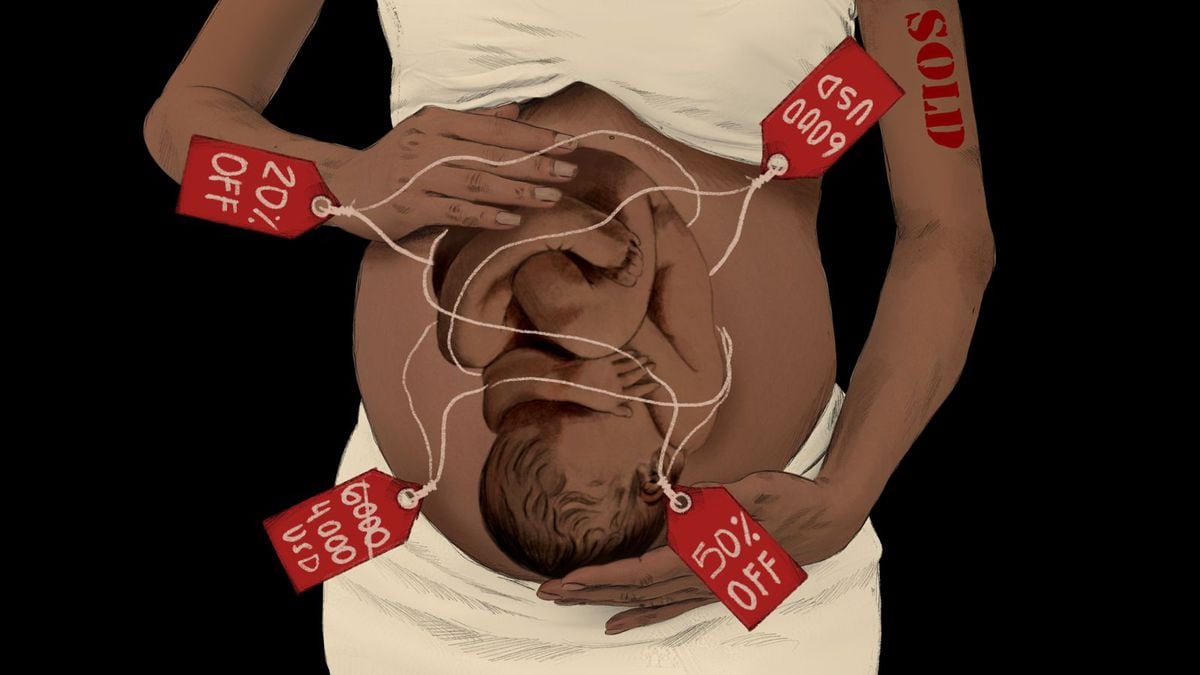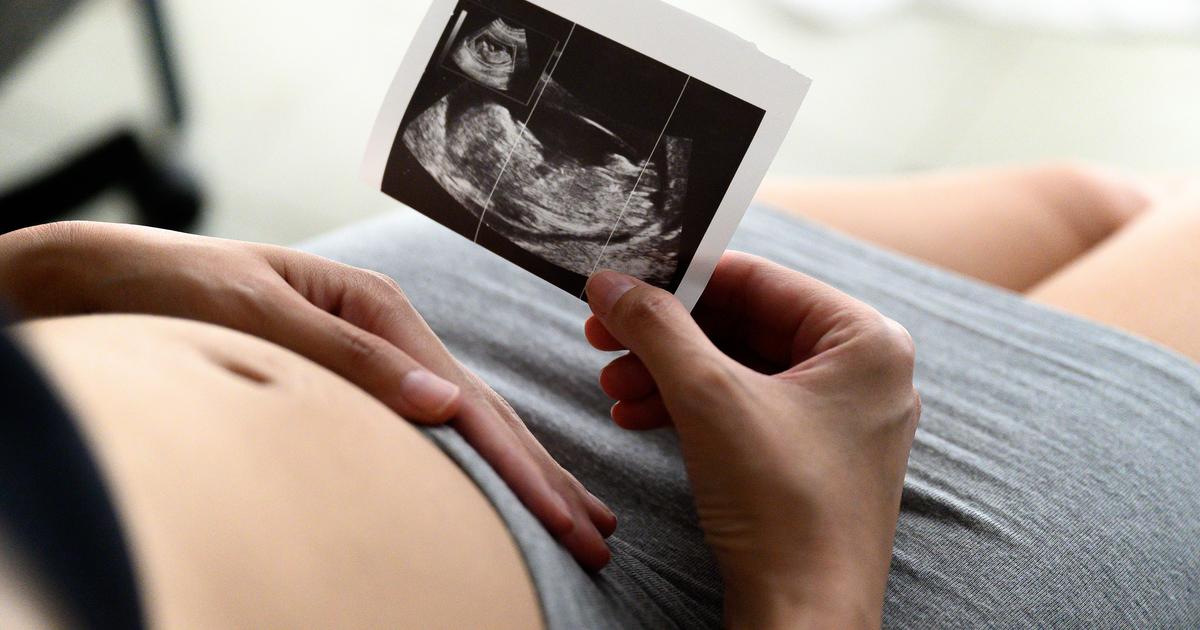An ICU unit in Soacha, on August 19, 2020.Ivan Valencia (Bloomberg)
The limits of medical progress do not seem clear to the Colombian Medical College (CMC).
The institution had to apologize Tuesday for publishing an article that proposed using the bodies of brain-dead women to "help couples without children."
The debate over surrogacy, usually controversial, exploded at that suggestion, and put the institution on the ropes.
"Our spirit will always be the progress of medicine at the service of humanity with the highest bioethical standards," defended the CMC.
From the CMC we offer sincere apologies to all the women and community for the publication of @bioedge shared in our news portal.
Our spirit will always be the progress of medicine at the service of humanity with the highest bioethical standards.
– Col Medical College (@ColegioMedicoCo) February 1, 2023
The article involved was published on January 17 in
Epicrisis
, the institution's news portal.
It was a translation of an original published on the
Bioedge
bioethics portal , signed by Michael Cook.
Its sources are the work of Anna Smajdor, from the University of Oslo, who in the journal
Theoretical Medicine and Bioethics
develops the concept of "whole-body gestational donation" for brain-dead patients.
“She argues that these women could be put to good use as gestational surrogates as long as they have made an advance directive,” the Epicrisis
text read.
, now retired.
“It is surprising that no one has discussed this in detail before.
What's with all those corpses of brainstem women lying in hospital beds?
Why should their wombs go to waste?" she wonders.
The publication cites several arguments.
One of them is that pregnancy is a dangerous experience that can be transferred "to those who can no longer be harmed."
Another is that organ donation from brain-dead people is already widespread.
According to Smajdor, it is known that "the patient's life has come to an end" in their situation, unlike the "more problematic" cases of patients in persistent vegetative state.
Furthermore, the practice supposedly avoids "the moral problems of surrogacy."
The debate for women's rights was addressed in the reasoning.
The text provided for feminist criticism against the objectification of women.
He did not answer directly, but proposed to include men: “What if men's bodies could be adapted to serve as fetal incubators?
The technology for this is rapidly improving.”
Criticism on social networks arose with the passing of days.
The secretary of the Women of the Mayor's Office of Medellín, Angélica Ortiz, declared that no body is currently being "wasted" because women are not "a factory of people."
“They are not women who could be put to good use;
because we are not things to use ”, she remarked on Twitter.
Congresswoman Jennifer Pedraza opined something similar: "Women are not utensils to be thrown away after use, women have human rights, even if some forget it."
However, the criticism did not focus only on women's rights.
The user Andres Tisagenlecleucel, who introduces himself as a doctor, recalled that the families of the patients suffer too much to tell them that the bodies of their loved ones will be used as "living hatcheries."
In addition, the Feminist Policy Forum association questioned the proposal as part of a logic of "neoliberal mercantilism."
The CMC was initially unapologetic.
He chose to reproduce on social networks a message that he puts at the end of all the publications of his magazine: "Epicrisis is the official communication organ of the Colombian Medical College.
The opinion and personal concepts expressed in the articles signed by a third party do not reflect the position of Epicrisis or the Colombian Medical Association”.
It was not enough, and a user questioned them about the filter they use to choose articles.
The answer was that the texts are based on "scientific evidence" and that in this case Smajdor's publication in
Theoretical Medicine and Bioethics was being referenced.
The coverage of the controversy in media such as
Infobae
and
El Colombiano
redoubled the pressure.
And the school finally gave in: it filled the critical threads with responses that reproduced the "sincere apologies" of the institution.
Subscribe here
to the EL PAÍS newsletter on Colombia and receive all the latest information on the country.









